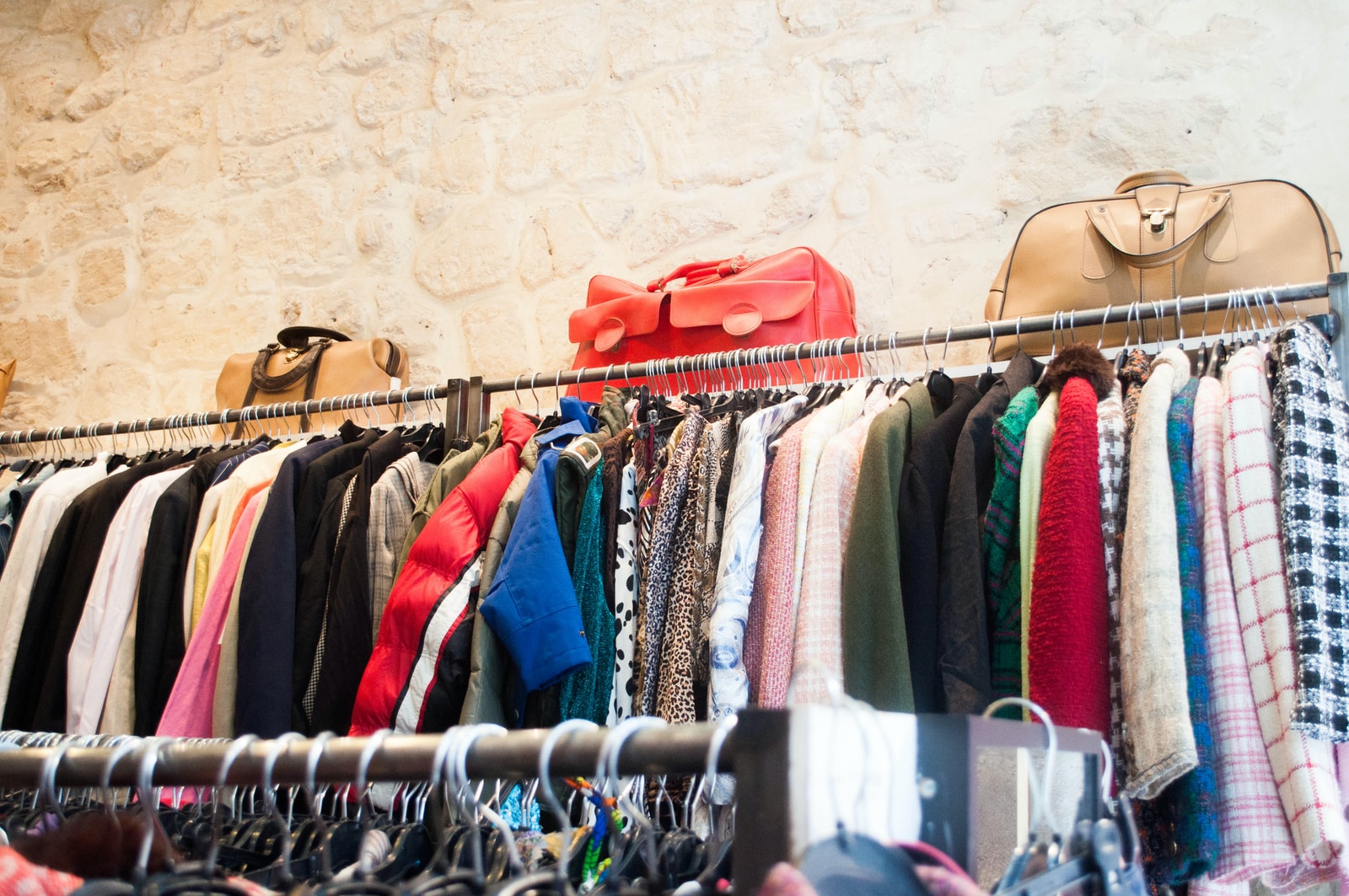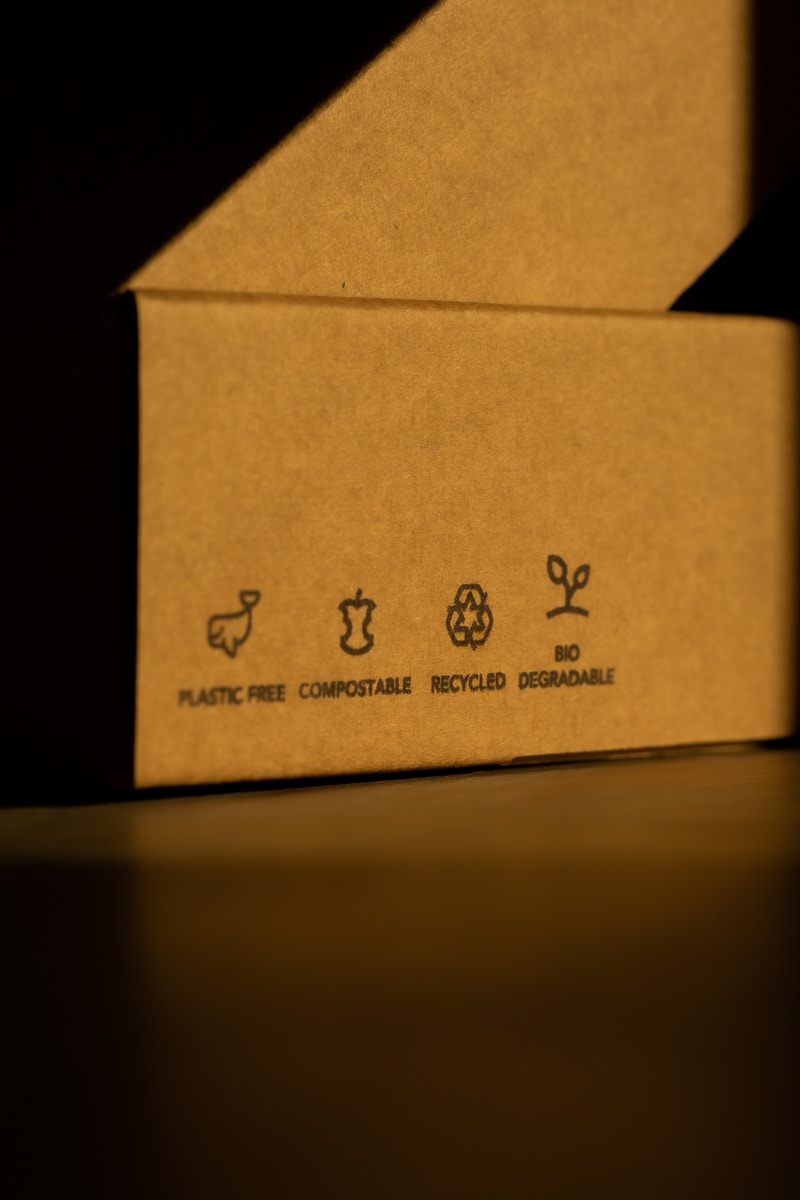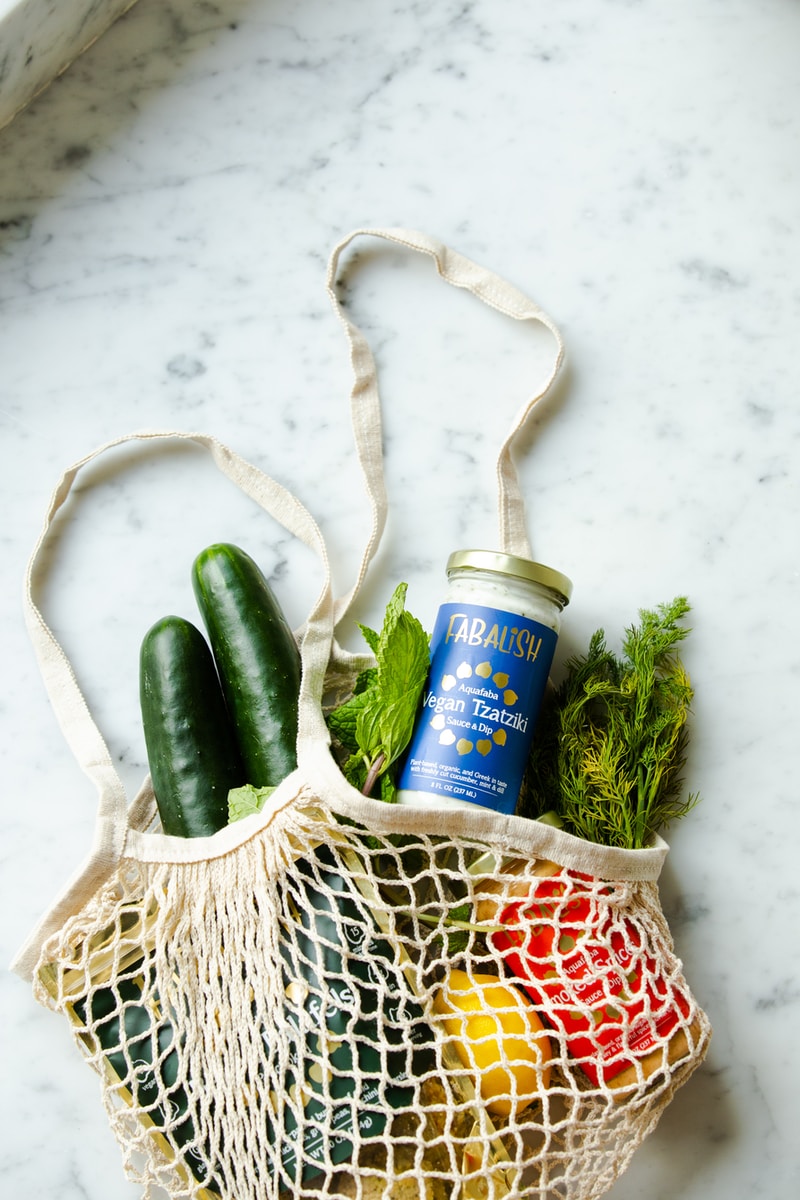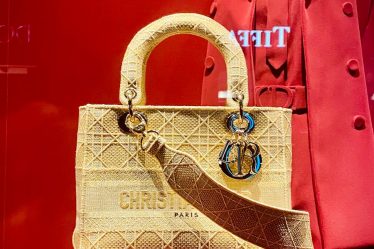
Coronavirus has forced us to reevaluate where our money is going. These are some everyday actions you can take to make a difference.
Many of us started to question how much we were spending our money even before the coronavirus epidemic. With incomes being squeezed and the pandemic shining a spotlight on the most vulnerable parts of society, you have even more reason to think about where your money is going.
We will be discussing simple ways you can switch retailers to make your money more sustainable. We have focused on everyday spending, from teabags to toilet rolls, to the transition to a greener energy company. This list isn’t exhaustive, but it may help you to make small changes that can improve the financial health of your family.
Goods for the home
Because of concerns about contamination, the drive to reduce single-use plastics in all aspects of our lives seems to have fallen by the wayside due to the coronavirus.
Loop, which has been established in France and the US, is currently being tested in the UK. It is considered one of the most ambitious efforts yet. It was launched by TerraCycle, a recycling company, in partnership with Tesco. Consumer goods companies like Unilever, PepsiCo and Persil have created refill versions for popular brands such as Coca-Cola and Heinz, and they can sell them via the website.
Online orders can be placed for goods normally packaged in single-use plastic containers. Instead, these are delivered in refillable containers which can be picked up at the door and reused up to 100 times.
The prices are comparable to similar plastic containers – slightly higher for Nevoli brand pasta and olive oils, but with returnable deposits for refillable containers.
Splosh uses a vegan-friendly refillable liquid concentrate. It also employs a “circular economy model” and offers a variety of laundry detergents, fabric conditioners and dishwasher tablets.
Customers have the option to either use their own bottles, or order refills from the company. Customers can return refill pouches for free and recycle them into useful products like scrapers or ice cream scoops.
Gift vouchers will be available from the company in the coming months. Parents may wish to gift them to their children who are at university or elsewhere. A PS10 coupon can be used to purchase products worth PS15.
Splosh subscribers can purchase its value kitchen cleaner at 18p per 100ml. Compare this to the Tesco eco-active kitchen cleaner, which costs 20p per 100ml, and the Waitrose eco cleaner, which costs 40p per 100ml.
Fashion
The Coronavirus virus has brought to light the human rights violations at the core of fast fashion supply chains. There is a need for underpants in the world. Thank goodness for the ethical knickers movement, where You Underwear ticks many boxes. The underpants from You Underwear are simple and stylish. They are made of organic GOTS-certified Fairtrade Cotton and manufactured in India by an ethical and sustainable manufacturer that uses responsible, low-impact dyes. They are packaged in a reusable cotton bag, and contain no single-use plastic.
The company believes in ethical marketing and uses “real” people to model its products. It has also pledged to never use any PhotoShop imagery. You Underwear donates 2 pairs of underpants for every pair purchased. Smalls for All is a charity that supplies underwear to children and women living in poverty across the UK and Africa.
Bralettes are priced at PS28, while boys’ shorts and bikini bottoms are priced at PS15 and PS12 respectively. A thong costs PS10. This puts You Underwear at mid-range prices on high street. A H&M bra top costs PS12.99. The mid-priced & The Other Stories soft bra retails for PS27 and the matching briefs are at PS15. This may seem like a reasonable price to pay for good-quality, ethical underpants.
Thrift+ sells high-quality secondhand clothing from the high street (a Topshop dress for PS7 and a Hobbs blouse to PS8.50), as well as mid-priced (an Arket jumper at PS24) or designer goods (a pair Prada loafers for PS90).
It is easy to donate: send in your clothes and the company will list them. You can also nominate a charity that will receive a portion of the proceeds. You can also filter by size, price, brand, and returnability. This is an important feature when shopping second-hand online.
Thrift+ charges 33% for every sale. The donor has the option to donate all 66% to charity, or split it equally between themselves and their charity (as John Lewis vouchers or site credits). This is a smart business model that not only supports the circular economy but also raises money for charity. It also allows the seller to recoup some money they paid for the item. Win, win, win.
Birdsong is a company that produces wilfully untrendy designs and sells itself as an antidote for fast fashion. Workers are Londoners who face barriers to employment, from adults with learning disabilities to refugees to workers in opaque, multinational fast fashion supply chain companies.
Sustainable fabrics include Tencel, which is an environmentally-friendly fabric, and reclaimed textiles that are sourced from charity Traid. Birdsong works with Enfield’s pensioners knitting group, whose members donate the revenue from their items to charity.
London’s living wage is not cheap so clothes aren’t too expensive. However, you can find designer clothes at Ted Baker/Arket/Karen Millen’s end of the high-street bracket. A T-shirt made from organic cotton and embroidered with the Still European legend will cost you PS36. A crochet bag made from recycled denim wool costs PS45. While a wrap dress in reclaimed silk fabric is PS165. This was crafted by women working at the Stitches In Time community art charity in Limehouse.
Five ways to live ethically: How to make an impact
Ethical Consumer magazine can be a great resource for researching any product you’re considering buying. It has over 125 product guides that rate the ethics of brands on a variety of issues, including climate change and human rights. Clare Carlile (news and features editor) shared five tips to help you change your shopping habits.
1. Spend less and save the money for an ethical bank account. Although it may seem obvious, reducing your consumption and asking yourself “Do I really want this?” is one of the best ways to reduce your environmental impact. You can make sure that your money doesn’t go to waste by putting it into an ethical bank.
2. Boycott any unethical company. Avoiding the worst offenders is often free. Ethical Consumer is calling for a boycott of Amazon’s tax arrangements. It has been widely criticized for poor working conditions. This includes failing to provide safe conditions in warehouses during the coronavirus crisis, and firing workers in the US who spoke out during the pandemic.
3. Secondhand clothing and tech. Every new phone or computer needs a multitude of natural resources, including conflict minerals and petrochemicals. Clothing is also often made with water-hungry cotton and petrochemical-based materials. You can buy refurbished tech online, and you can also find secondhand clothing through charity shops, swap shops, or online.
4. You can change the way you travel. Driving a car is more expensive than PS3,000, and it emits an average of 4.6 tonnes CO2 per year. This is almost six return flights from London-New York. You can greatly reduce your carbon footprint and outgoings by riding an electric bike or a normal bicycle. You can travel more often by car by joining a carsharing group or using a carpooling site like BlaBlaCar.
5. Reduce your dairy and meat consumption by becoming vegan. Black-eyed beans, lentils, and tofu are all more affordable per 100g of protein that diced beef (a very cheap cut of meat). They also have a lower carbon footprint than meat-eaters. A vegan will have a two-and-a half times dietary carbon footprint as someone who eats a lot. Veganism can help you to protect your rights and reduce your environmental impact by eating a healthy diet and maintaining your vitamin B12.





